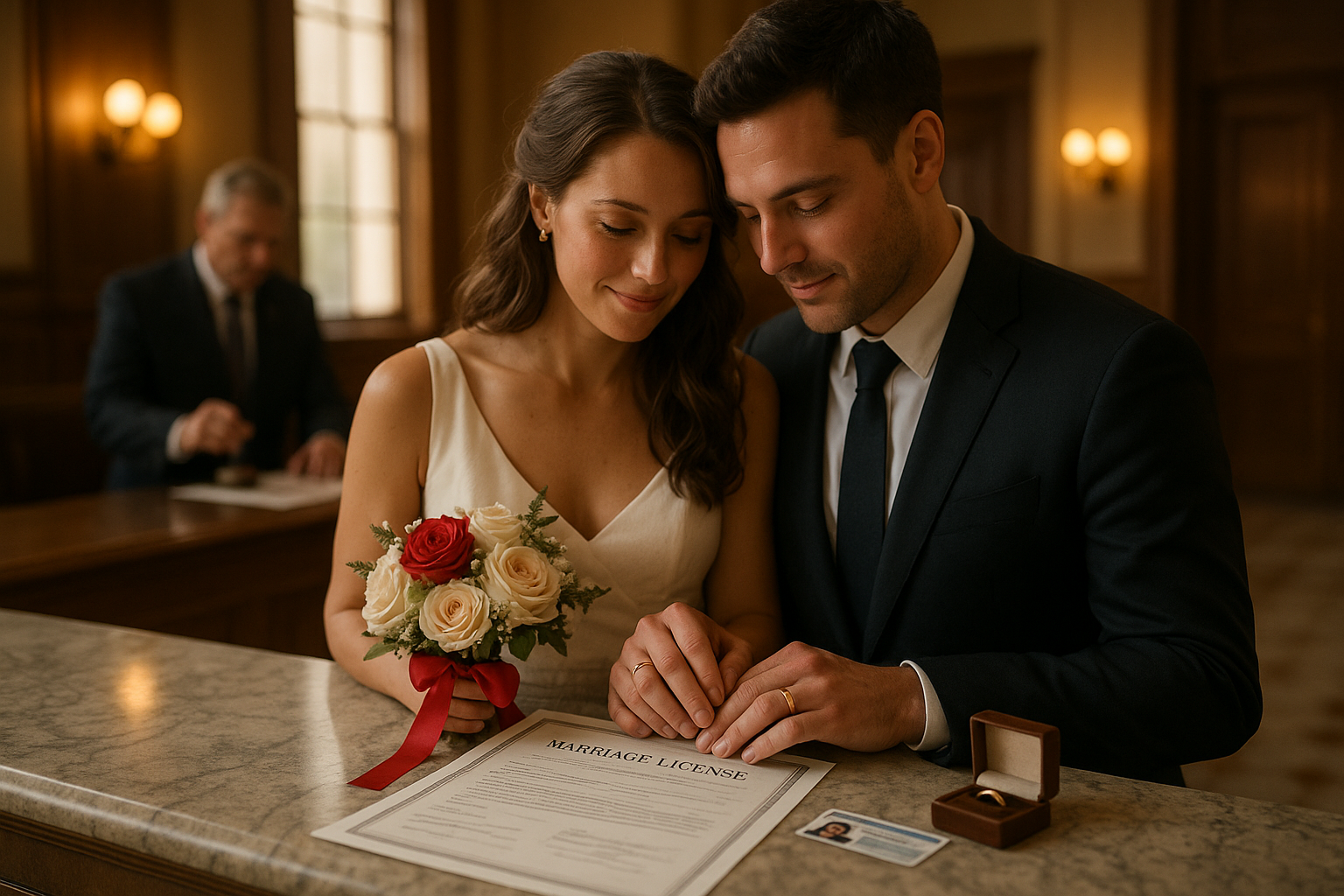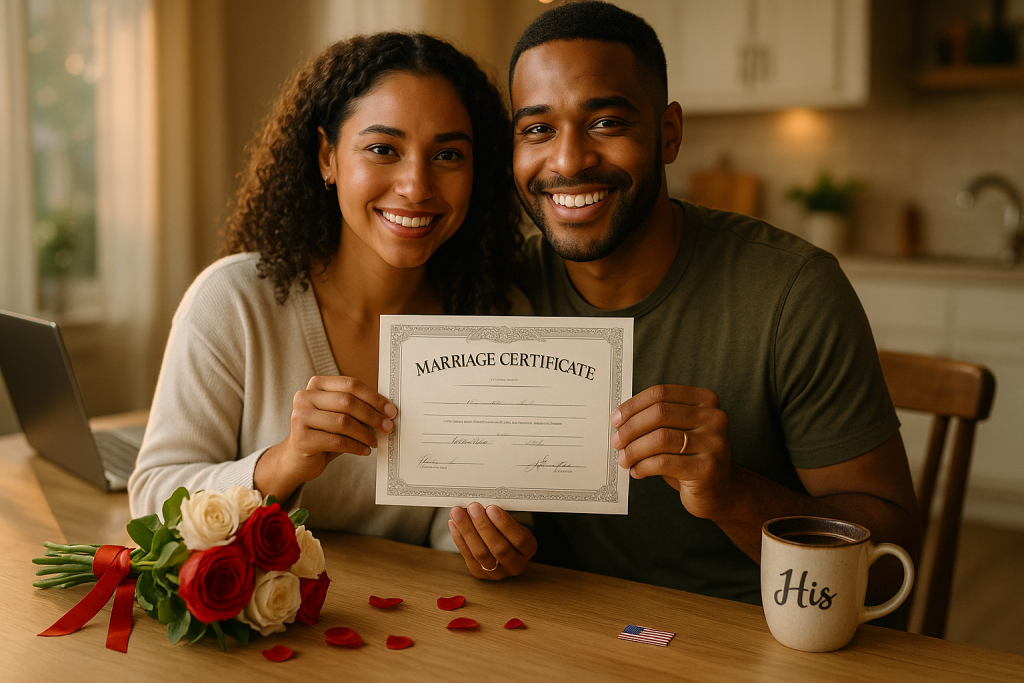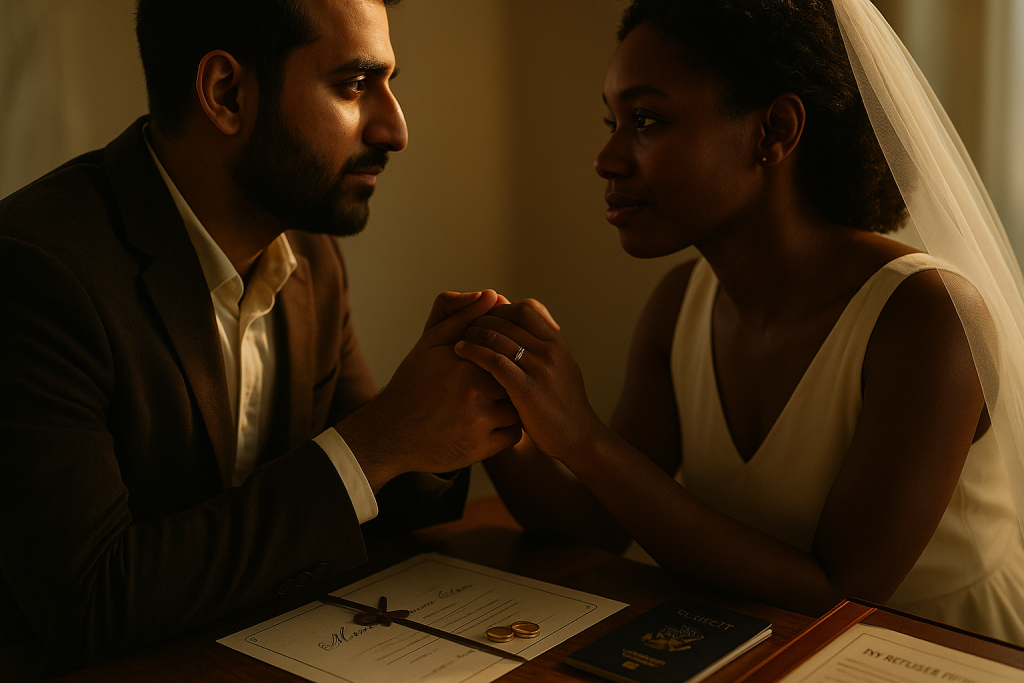Embarking on the journey of marriage is an exciting time, but it’s essential to understand the legalities involved, especially when it comes to obtaining a valid marriage license in the United States. Let’s break down what makes a marriage license valid and how you can ensure your union is legally recognized.
What Is a Marriage License?
A marriage license is a legal document issued by a governmental authority that authorizes a couple to marry. It’s the first step in the marriage process, serving as official permission to proceed with the wedding ceremony.
Key Requirements for a Valid Marriage License
While specific requirements can vary by state, several common elements are necessary for a marriage license to be considered valid:
1. Age Requirements
Most states require both parties to be at least 18 years old to marry without parental consent. Some states allow minors to marry with parental consent and/or judicial approval, but the minimum age and conditions vary. For instance, in California, individuals under 18 can marry with parental consent and a court order. ([cdph.ca.gov](https://www.cdph.ca.gov/Programs/CHSI/Pages/California-Marriage-License-General-Information.aspx?utm_source=openai))
2. Identification and Documentation
Applicants must provide valid identification, such as a driver’s license, state ID, passport, or birth certificate. If either party was previously married, proof of divorce or the death of a former spouse may be required. ([findlaw.com](https://www.findlaw.com/family/marriage/marriage-license-information-by-state.html/?utm_source=openai))
3. Waiting Periods
Some states impose a waiting period between the issuance of the marriage license and the wedding ceremony. For example, Florida has a three-day waiting period unless the couple completes a premarital counseling course. ([findlaw.com](https://www.findlaw.com/family/marriage/legal-requirements-for-marriage-faq-s.html/?utm_source=openai))
4. License Expiration
Marriage licenses are valid for a specific period, typically ranging from 30 to 90 days, depending on the state. It’s crucial to conduct the wedding ceremony within this timeframe to ensure the license remains valid. ([findlaw.com](https://www.findlaw.com/family/marriage/marriage-license-requirements.html/?utm_source=openai))
5. Officiant Qualifications
The ceremony must be conducted by an individual authorized to solemnize marriages, such as a clergy member, judge, or authorized officiant. Some states recognize online ministers for this role, making virtual weddings a viable option.
Virtual Marriages and Online Marriage Licenses
With advancements in technology, many couples are opting for virtual marriages. States like Utah have pioneered online marriage services, allowing couples to obtain marriage licenses and have ceremonies conducted via platforms like Zoom. This process involves:
- Applying for an online marriage license through the state’s official portal.
- Scheduling a virtual wedding ceremony with a licensed officiant.
- Ensuring all legal requirements, such as age and identification, are met.
For more details on how to get married online, visit our How It Works page.
Ensuring Your Marriage Is Legally Recognized
To ensure your marriage is legally recognized:
- Verify the specific requirements of the state where you plan to marry.
- Complete all necessary paperwork accurately.
- Adhere to any waiting periods and conduct the ceremony within the license’s validity period.
- Have the ceremony officiated by a legally recognized individual.
After the ceremony, ensure the officiant files the marriage license with the appropriate government office to obtain your official marriage certificate.
FAQs
Can we get married online in any state?
Not all states offer online marriage services. It’s essential to check with the state’s marriage licensing authority to determine if virtual marriages are permitted.
How long does it take to receive a marriage license?
The processing time varies by state and county. Some states issue marriage licenses immediately, while others may have a waiting period of a few days.
Is a blood test required to obtain a marriage license?
Most states no longer require blood tests for marriage licenses. However, it’s advisable to confirm with the local marriage license office.
Can a friend officiate our wedding?
Some states allow individuals to become ordained online to officiate weddings. Ensure your state recognizes online ordinations for marriage ceremonies.
What happens if our marriage license expires before the ceremony?
If your marriage license expires, you’ll need to apply for a new one and pay any associated fees. Be mindful of the license’s validity period to avoid this situation.
Understanding the requirements for a valid marriage license is crucial for ensuring your union is legally recognized. If you have further questions or need assistance with the marriage process, feel free to contact us. We’re here to help make your special day as seamless as possible.




